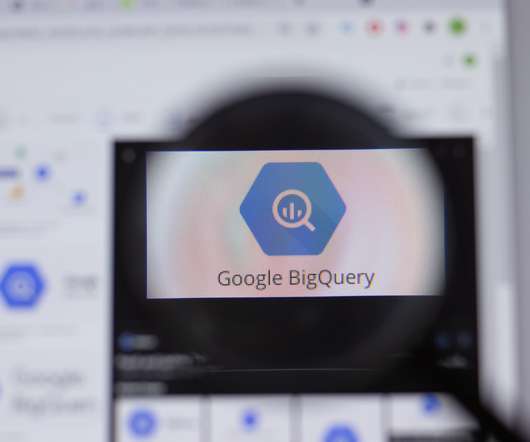The Lean Analytics Cycle: Metrics > Hypothesis > Experiment > Act
Occam's Razor
APRIL 8, 2013
We are far too enamored with data collection and reporting the standard metrics we love because others love them because someone else said they were nice so many years ago. Sometimes, we escape the clutches of this sub optimal existence and do pick good metrics or engage in simple A/B testing. Testing out a new feature.














Let's personalize your content